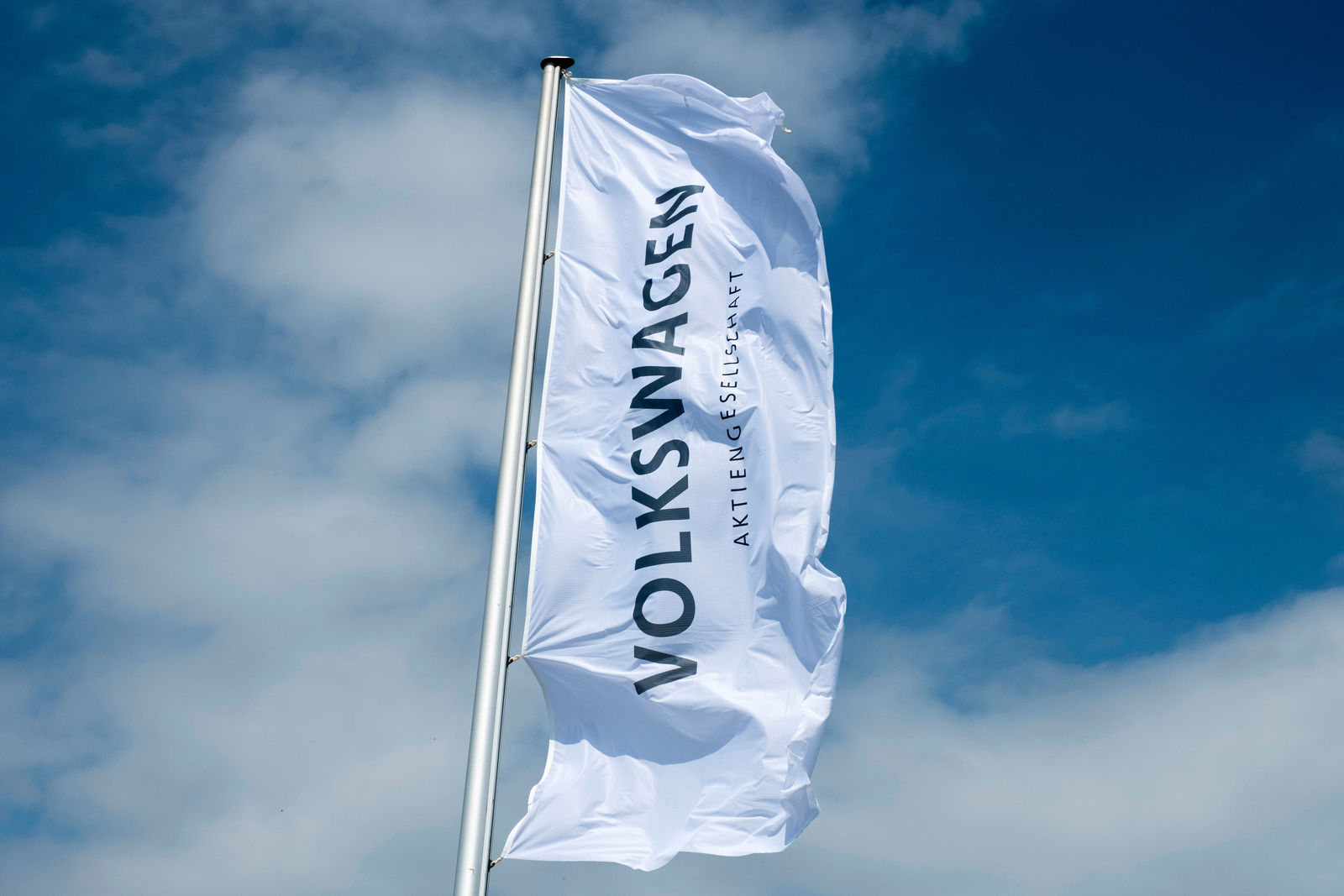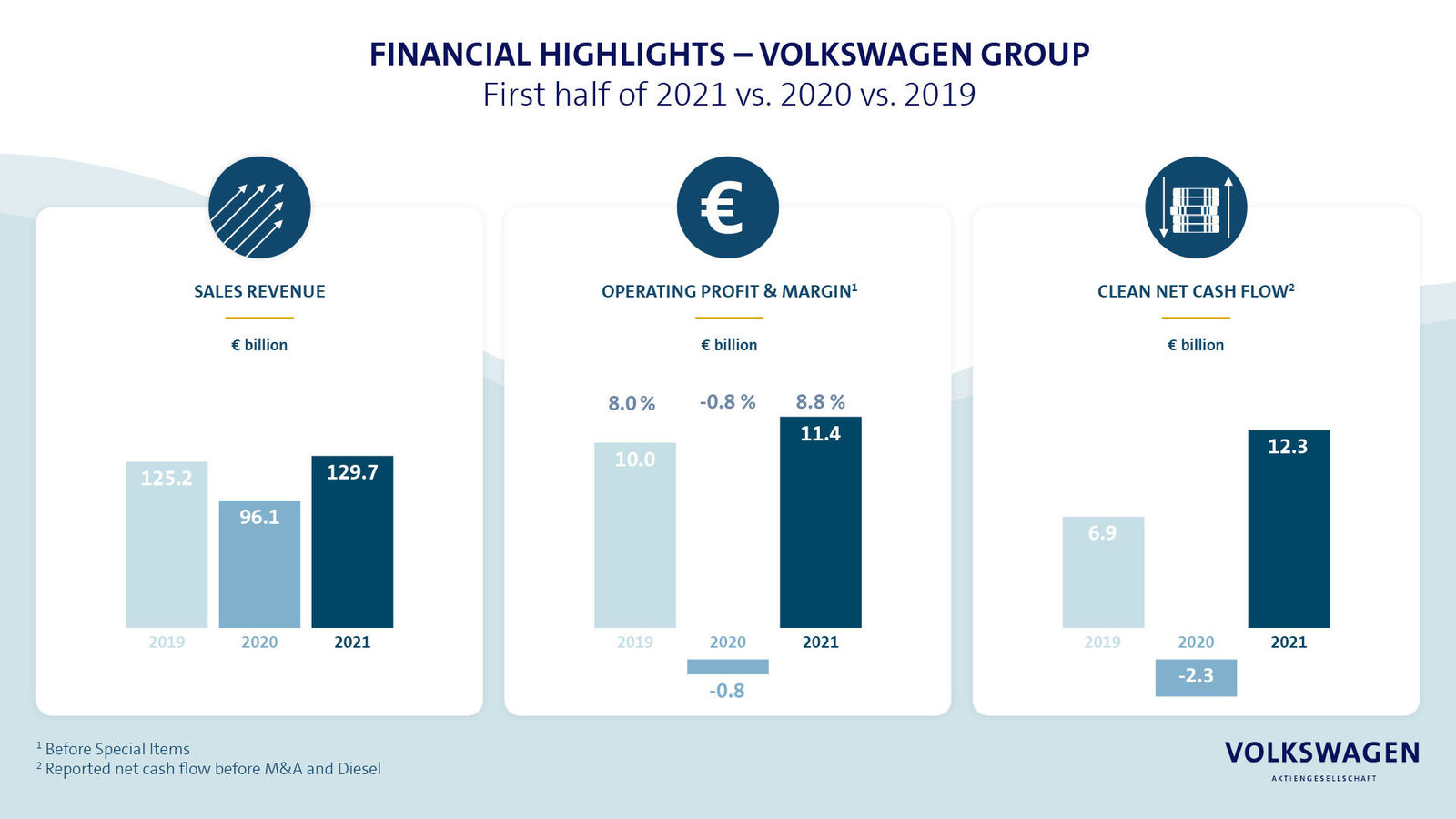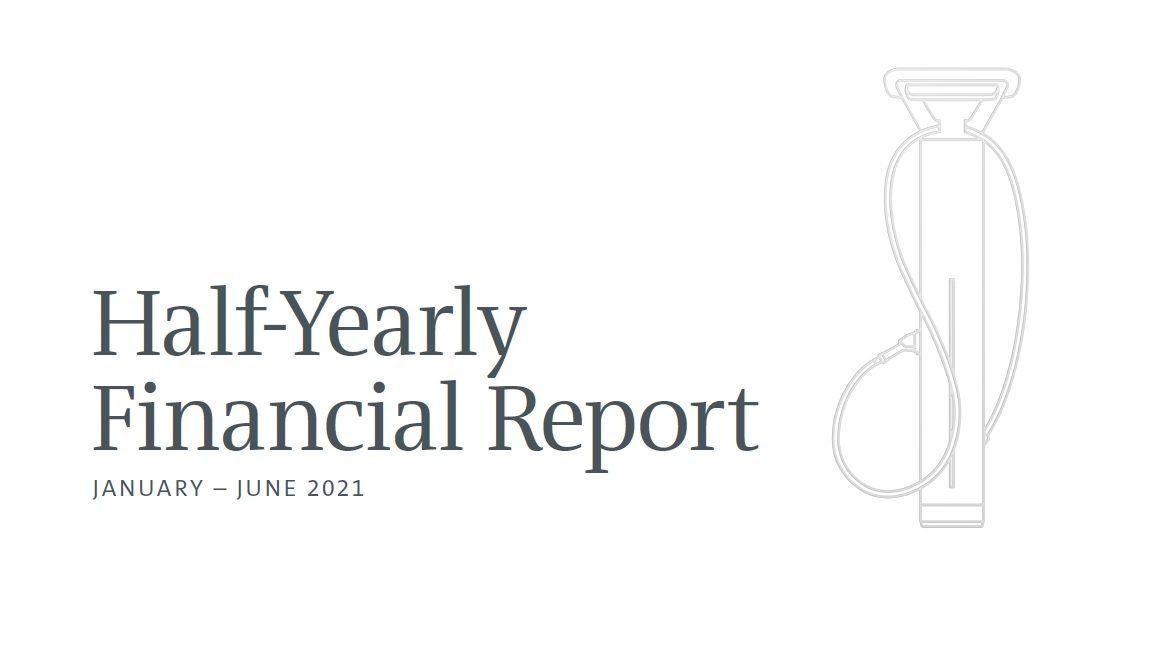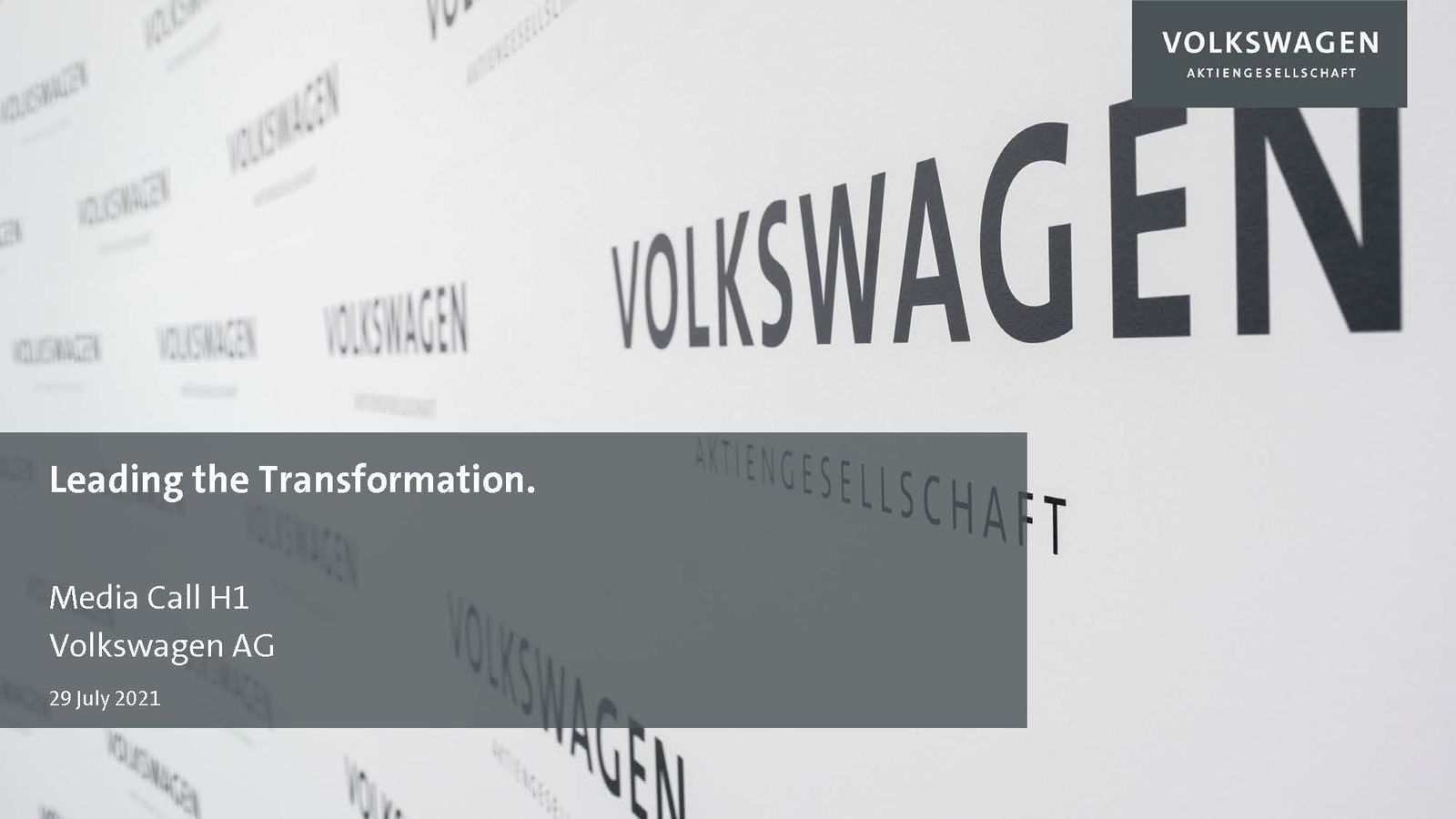Herbert Diess, CEO of the Volkswagen Group: “We’re keeping up our high pace, both operationally and strategically. The record result in the first half of the year is clear proof of how strong our brands are and how attractive their products are. The premium segment performed especially well with double-digit returns, as did Financial Services. Our electric offensive is picking up momentum and we will keep on increasing its pace in the months to come. We are also realigning the company with our new Group strategy NEW AUTO so that we can tap future profit pools. In doing so, we are preparing Volkswagen to play a leading role in the new world of mobility.”
Arno Antlitz, CFO of the Volkswagen Group: “The Volkswagen Group’s financial performance in the first half of the year impressively proves the robustness of our company. Our operating return on sales after six months was 8.8 percent. In particular, the second quarter was exceptionally strong. Our net cash flow of EUR 10.2 billion is also a solid result and was achieved despite our sizable future investments. We have successfully contained the impacts of the semiconductor bottlenecks to date, although we anticipate somewhat more pronounced effects in the third quarter. Nevertheless, our assessment for our business performance in the year as a whole has improved further, so that we have raised our outlook.”
Operating business remains strong
In the first half of the year, the Volkswagen Group increased its global deliveries significantly by 27.9 percent to 5.0 million vehicles over the same period last year, which was impacted by the Covid-19 pandemic. Global market share of passenger cars declined slightly by 0.2 percentage points to 12.6 percent in the same period. Whereas the Group was able to grow its market share significantly in its home market of Europe and in North America, it recently recorded declines in China, its largest single market, due to the semiconductor bottlenecks.
As planned, the Group has further increased the pace of its successful electric offensive. A total of 171,000 all-electric vehicles (BEVs) were delivered worldwide by the end of June, more than twice as many as in the prior-year period (+165 percent). After 60,000 BEVs were delivered to customers in the first quarter, that figure increased significantly as planned to 111,000 BEVs in the second quarter. The share of vehicles based on the Modular Electric Drive Toolkit (MEB) relative to all BEVs was already over 60 percent in the second quarter. The BEV ramp up will accelerate further in the course of the year due to the expanded model range. The Group has also systematically expanded its portfolio of models with a plug-in hybrid drive (PHEV) – and there is high customer demand for them: A total of 171,000 PHEVs were delivered in the first half of the year, more than three times the figure in the prior-year period (+204 percent).
The premium brands Audi and Porsche performed especially strongly, posting record deliveries for the first half of the year and a double-digit operating return on sales of 10.7 and 17.6 percent, respectively. Volkswagen Financial Services also turned in a very good performance, more than doubling its operating result year on year to EUR 2.3 billion. Among other things, it benefited from strong used car business and a positive trend in risk costs.
Due to increased vehicle sales and stronger demand for higher-margin models, Group sales revenue rose significantly by 34.9 percent to EUR 129.7 (96.1) billion. The operating result was EUR 11.4 (first half of 2020 before special items: EUR –0.8) billion, far exceeding the previous record of EUR 10.0 billion (before special items) from the pre-crisis year 2019. The operating return on sales was therefore at a strong 8.8 percent. The higher earnings were mainly due to increased vehicle sales, improvements in the product mix and prices as well as positive effects from the valuation of raw material hedges. One-off restructuring expenses of EUR 0.7 billion at MAN had a negative impact. Work on ongoing fixed cost programs was vigorously pursued.
Earnings before and after tax also improved significantly to EUR 11.2 (–1.4) billion and EUR 8.5 (–1.0) billion, respectively. Earnings per preferred share thus reached a solid level of EUR 16.20 (–2.33).
Automotive Division: Strong cash performance improved further, net liquidity increases again
Strong business and cost-cutting measures continued to have a positive impact on financial performance. The reported net cash flow in the Automotive Division was a very high EUR 10.2 (–4.8) billion. Adjusted for mergers and acquisitions and cash outflows attributable to diesel, net cash flow amounted to a strong EUR 12.3 (–2.3) billion. It was thus around 80 percent higher than the level of the pre-crisis year 2019. Net liquidity in the Automotive Division also showed positive growth again and climbed to a very solid level of EUR 35.0 billion. It was EUR 29.6 billion at the end of the first quarter. The acquisition of Navistar and its financial impact are not included in the figures.
Research and development costs increased to EUR 7.7 (6.7) billion due to necessary future-oriented investments in new models and technologies as well as software. The R&D ratio nevertheless fell significantly to 7.2 percent in the current year, following a figure of 8.7 percent in the prior-year period that was due to pandemic-related low sales revenue. Improved investment discipline and greater use of Group synergies led to significant progress with capital expenditures. These decreased by 8.5 percent over the prior-year period to EUR 3.8 (4.1) billion. Consequently, the capex ratio fell sharply to 3.5 (5.4) percent, putting it significantly below the level of the pre-crisis half year in 2019 (4.9 percent).
Outlook 2021
Based on the business performance in the first half of 2021, the Volkswagen Group is adjusting large parts of its forecast of core performance indicators.
The risk of bottlenecks and disruption in the supply of semiconductor components has intensified throughout the industry. The adverse impact expected as a result will tend to affect the second half of the year. Consequently, the Group is lowering its forecast for deliveries to customers and assumes that – provided the Covid-19 pandemic is contained successfully – in 2021 they will be noticeably up on the previous year amid continued challenging market conditions. Challenges will arise particularly from the economic situation, the increasing intensity of competition, volatile commodity and foreign exchange markets, securing supply chains and more stringent emissions-related requirements. Sales revenue of the Volkswagen Group in 2021 is expected to be significantly higher than the prior-year figure. In terms of the operating result, the Group anticipates an operating return on sales between 6.0 and 7.5 percent in 2021.
In the Automotive Division, net cash flow is expected much stronger than prior year due to lower cash outflows from diesel and significantly higher effects from mergers and acquisitions. This will lead to a very strong increase in net liquidity. The plans are based on the Volkswagen Group’s current structures. The acquisition of all outstanding shares of Navistar International Corporation and the resulting effects on the results of operations, financial position and net assets have not been taken into account in the Volkswagen Group’s forecast.











